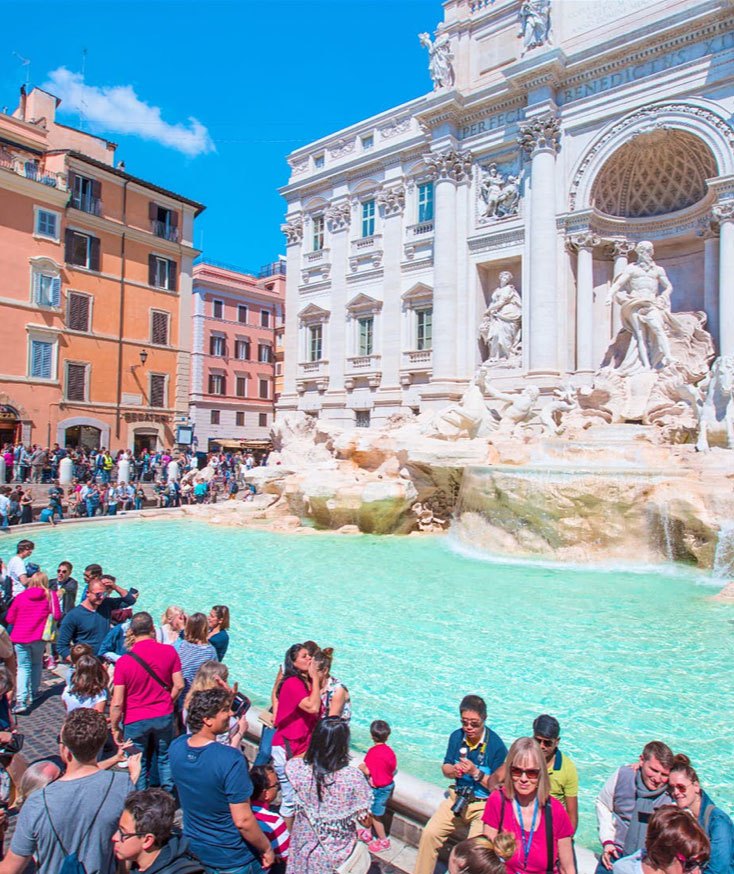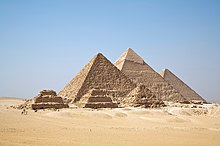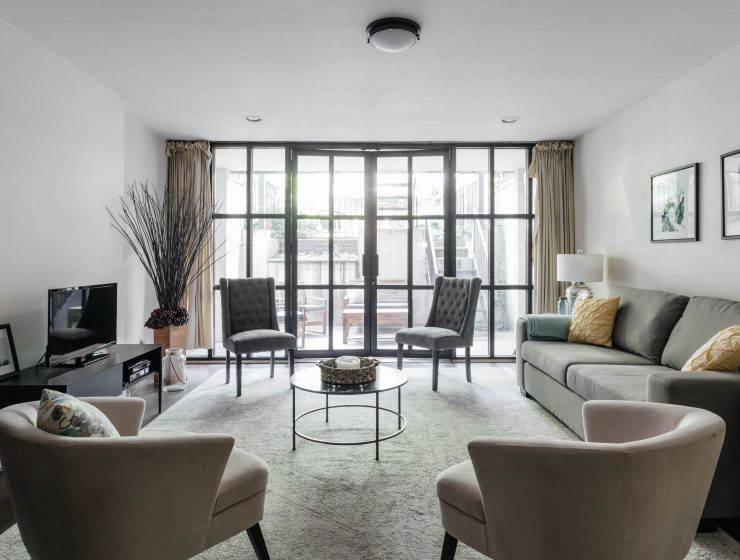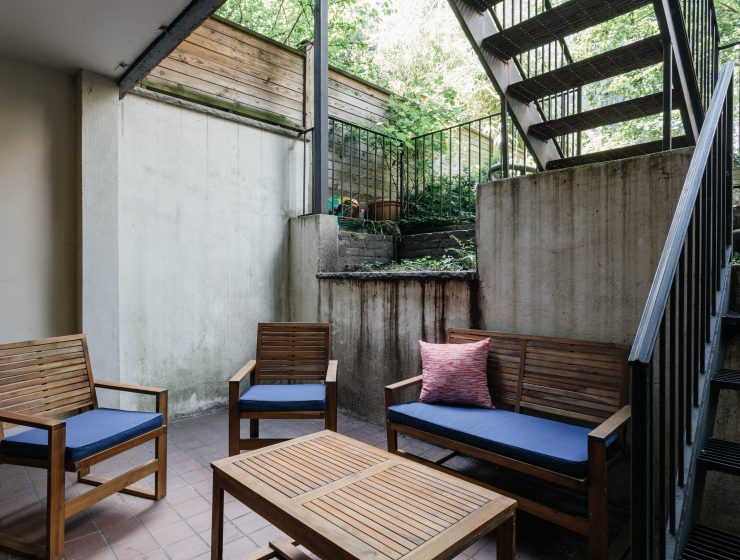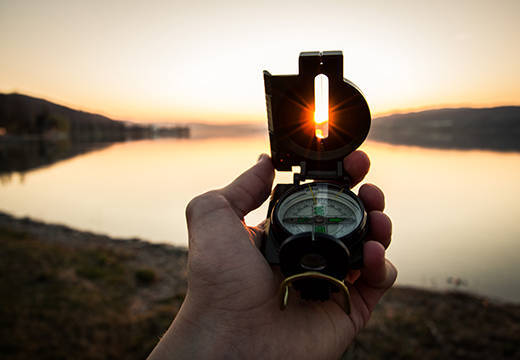Egypt
Egypt (Arabic: مصر Miṣr [mesˁr], Egyptian Arabic pronunciation: [mɑsˤr]), officially the Arab Republic of Egypt, is a transcontinental country spanning the northeast corner of Africa and southwest corner of Asia via a land bridge formed by the Sinai Peninsula. It is bordered by the Mediterranean Sea to the north, the Gaza Strip of Palestine and Israel to the northeast, the Red Sea to the east, Sudan to the south, and Libya to the west. The Gulf of Aqaba in the northeast separates Egypt from Jordan and Saudi Arabia. Cairo is the capital and largest city of Egypt, while Alexandria, the second-largest city, is an important industrial and tourist hub at the Mediterranean coast.[13] At approximately 100 million inhabitants, Egypt is the 14th-most populated country in the world, and the third-most populated in Africa, behind Nigeria and Ethiopia.
Egypt has one of the longest histories of any country, tracing its heritage along the Nile Delta back to the 6th–4th millennia BCE. Considered a cradle of civilisation, Ancient Egypt saw some of the earliest developments of writing, agriculture, urbanisation, organised religion and central government.[14] Iconic monuments such as the Giza Necropolis and its Great Sphinx, as well the ruins of Memphis, Thebes, Karnak, and the Valley of the Kings, reflect this legacy and remain a significant focus of scientific and popular interest. Egypt's long and rich cultural heritage is an integral part of its national identity, which reflects its unique transcontinental location being simultaneously Mediterranean, Middle Eastern and North African.[15] Egypt was an early and important centre of Christianity, but was largely Islamised in the seventh century and remains a predominantly Sunni Muslim country, albeit with a significant Christian minority, along with other lesser practiced faiths.
Modern Egypt dates back to 1922, when it gained independence from the British Empire as a monarchy. Following the 1952 revolution, Egypt declared itself a republic, and in 1958 it merged with Syria to form the United Arab Republic, which dissolved in 1961. Throughout the second half of the 20th century, Egypt endured social and religious strife and political instability, fighting several armed conflicts with Israel in 1948, 1956, 1967 and 1973, and occupying the Gaza Strip intermittently until 1967. In 1978, Egypt signed the Camp David Accords, officially withdrawing from the Gaza Strip and recognising Israel. After the Arab Spring, which led to the 2011 Egyptian revolution and overthrow of Hosni Mubarak, the country faced a protracted period of political unrest. Egypt's current government, a semi-presidential republic led by Abdel Fattah el-Sisi since 2014, has been described by a number of watchdogs as authoritarian and responsible for perpetuating the country's poor human rights record.
Islam is the official religion of Egypt and Arabic is its official language.[16] The great majority of its people live near the banks of the Nile River, an area of about 40,000 square kilometres (15,000 sq mi), where the only arable land is found. The large regions of the Sahara desert, which constitute most of Egypt's territory, are sparsely inhabited. About 43% of Egypt's residents live across the country's urban areas,[17] with most spread across the densely populated centres of greater Cairo, Alexandria and other major cities in the Nile Delta.
Egypt is considered to be a regional power in North Africa, the Middle East and the Muslim world, and a middle power worldwide.[18] It is a developing country having a diversified economy, which is the third-largest in Africa, the 41st-largest economy by nominal GDP, and the 20th-largest globally by PPP. Egypt is a founding member of the United Nations, the Non-Aligned Movement, the Arab League, the African Union, Organisation of Islamic Cooperation and the World Youth Forum.
Names
|
|
"Miṣr" (Arabic pronunciation: [mesˤɾ]; "مِصر") is the Classical Quranic Arabic and modern official name of Egypt, while "Maṣr" (Egyptian Arabic pronunciation: [mɑsˤɾ]; مَصر) is the local pronunciation in Egyptian Arabic.[21] The name is of Semitic origin, directly cognate with other Semitic words for Egypt such as the Hebrew "מִצְרַיִם" ("Miṣráyim/Mitzráyim/Mizráim"). The oldest attestation of this name for Egypt is the Akkadian "mi-iṣ-ru" ("miṣru")[22][23] related to miṣru/miṣirru/miṣaru, meaning "border" or "frontier".[24] The Neo-Assyrian Empire used the derived term ![]() , Mu-ṣur.[25]
, Mu-ṣur.[25]
|
|
History
Prehistory and Ancient Egypt
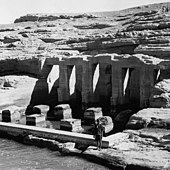
There is evidence of rock carvings along the Nile terraces and in desert oases. In the 10th millennium BCE, a culture of hunter-gatherers and fishers was replaced by a grain-grinding culture. Climate changes or overgrazing around 8000 BCE began to desiccate the pastoral lands of Egypt, forming the Sahara. Early tribal peoples migrated to the Nile River where they developed a settled agricultural economy and more centralised society.[32]
By about 6000 BCE, a Neolithic culture took root in the Nile Valley.[33] During the Neolithic era, several predynastic cultures developed independently in Upper and Lower Egypt. The Badarian culture and the successor Naqada series are generally regarded as precursors to dynastic Egypt. The earliest known Lower Egyptian site, Merimda, predates the Badarian by about seven hundred years. Contemporaneous Lower Egyptian communities coexisted with their southern counterparts for more than two thousand years, remaining culturally distinct, but maintaining frequent contact through trade. The earliest known evidence of Egyptian hieroglyphic inscriptions appeared during the predynastic period on Naqada III pottery vessels, dated to about 3200 BCE.[34]
A unified kingdom was founded c. 3150 BCE by King Menes, leading to a series of dynasties that ruled Egypt for the next three millennia. Egyptian culture flourished during this long period and remained distinctively Egyptian in its religion, arts, language and customs. The first two ruling dynasties of a unified Egypt set the stage for the Old Kingdom period, c. 2700–2200 BCE, which constructed many pyramids, most notably the Third Dynasty pyramid of Djoser and the Fourth Dynasty Giza pyramids.
The First Intermediate Period ushered in a time of political upheaval for about 150 years.[35] Stronger Nile floods and stabilisation of government, however, brought back renewed prosperity for the country in the Middle Kingdomc. 2040 BCE, reaching a peak during the reign of Pharaoh Amenemhat III. A second period of disunityheralded the arrival of the first foreign ruling dynasty in Egypt, that of the Semitic Hyksos. The Hyksos invaders took over much of Lower Egypt around 1650 BCE and founded a new capital at Avaris. They were driven out by an Upper Egyptian force led by Ahmose I, who founded the Eighteenth Dynasty and relocated the capital from Memphis to Thebes.
The New Kingdom c. 1550–1070 BCE began with the Eighteenth Dynasty, marking the rise of Egypt as an international power that expanded during its greatest extension to an empire as far south as Tombos in Nubia, and included parts of the Levant in the east. This period is noted for some of the most well known Pharaohs, including Hatshepsut, Thutmose III, Akhenaten and his wife Nefertiti, Tutankhamun and Ramesses II. The first historically attested expression of monotheism came during this period as Atenism. Frequent contacts with other nations brought new ideas to the New Kingdom. The country was later invaded and conquered by Libyans, Nubians and Assyrians, but native Egyptians eventually drove them out and regained control of their country.[36]
Achaemenid Egypt
In 525 BCE, the powerful Achaemenid Persians, led by Cambyses II, began their conquest of Egypt, eventually capturing the pharaoh Psamtik III at the battle of Pelusium. Cambyses II then assumed the formal title of pharaoh, but ruled Egypt from his home of Susa in Persia (modern Iran), leaving Egypt under the control of a satrapy. The entire Twenty-seventh Dynasty of Egypt, from 525 to 402 BCE, save for Petubastis III, was an entirely Persian-ruled period, with the Achaemenid Emperors all being granted the title of pharaoh. A few temporarily successful revolts against the Persians marked the fifth century BCE, but Egypt was never able to permanently overthrow the Persians.[37]
The Thirtieth Dynasty was the last native ruling dynasty during the Pharaonic epoch. It fell to the Persians again in 343 BCE after the last native Pharaoh, King Nectanebo II, was defeated in battle. This Thirty-first Dynasty of Egypt, however, did not last long, as the Persians were toppled several decades later by Alexander the Great. The Macedonian Greek general of Alexander, Ptolemy I Soter, founded the Ptolemaic dynasty.
Ptolemaic and Roman Egypt
The City Maps
Trip Ideas

FEATURED ARTICLE
Reflections from the road: transformative ‘Big Trip’ experiences
Whether it’s a gap year after finishing school, a well-earned sabbatical from work or an overseas adventure in celebration of your retirement, a big trip is a rite of passage for every traveller, with myriad life lessons to be ...
